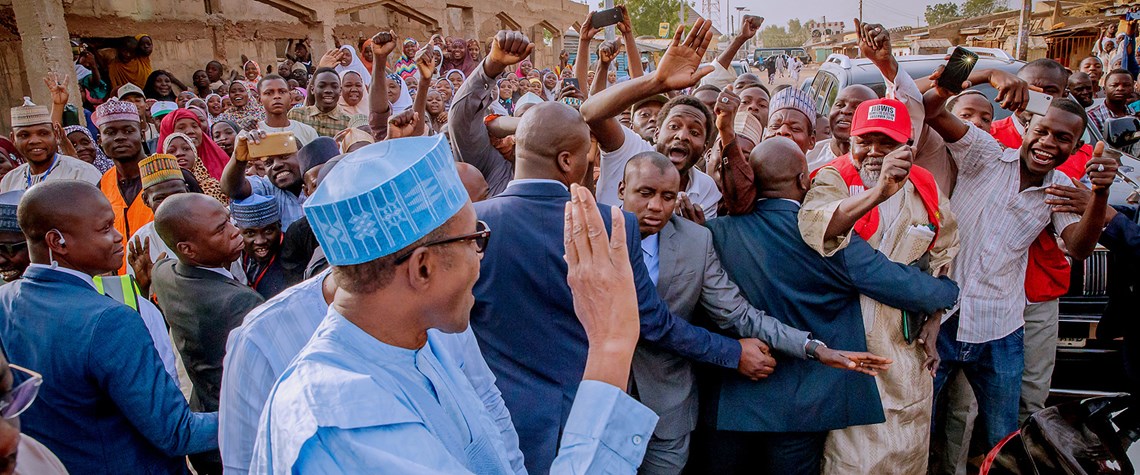Back to business as usual with Buhari
The Nigerian president is likely to remain a difficult partner for oil firms in his second term in office
Muhammadu Buhari's victory in February's presidential elections reinforces the incumbent's control over the development of the Nigerian hydrocarbons sector. But those hoping that stability at the top for another four years could enable long-gestating radical reforms within the industry finally to be enacted may be disappointed. The size of 76-year-old Buhari's win surprised some Nigeria watchers who had expected the main opposition candidate, the 72-year-old businessman Atiku Abubakar, to run him closer. Buhari, representing the All Progressive Congress (APC), took around 56pc of the vote, while Abubakar, leader of the People's Democratic Party (PDP), came second with 41pc. As is customary i

Also in this section
18 February 2026
With Texas LNG approaching financial close, Alaska LNG advancing towards a phased buildout and Magnolia LNG positioned for future optionality, Glenfarne CEO Brendan Duval says the coming year will demonstrate how the company’s more focused, owner-operator approach is reshaping LNG infrastructure development in the North America
18 February 2026
The global gas industry is no longer on the backfoot, hesitantly justifying the value of its product, but has greater confidence in gas remaining a core part of the global energy mix for decades
18 February 2026
With marketable supply unlikely to grow significantly and limited scope for pipeline imports, Brazil is expected to continue relying on LNG to cover supply shortfalls, Ieda Gomes, senior adviser of Brazilian thinktank FGV Energia,
tells Petroleum Economist
17 February 2026
The 25th WPC Energy Congress, taking place in Riyadh, Saudi Arabia from 26–30 April 2026, will bring together leaders from the political, industrial, financial and technology sectors under the unifying theme “Pathways to an Energy Future for All”







